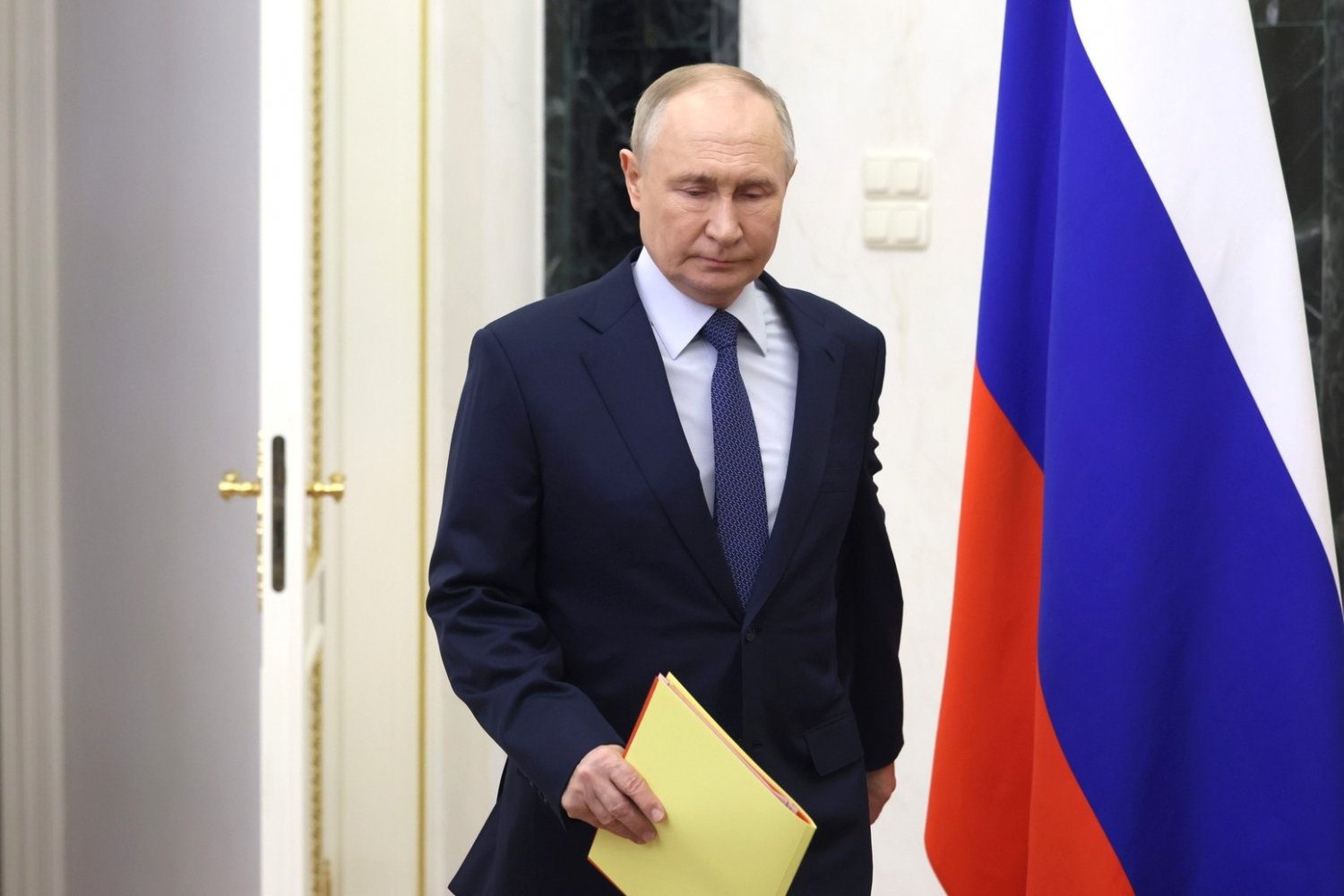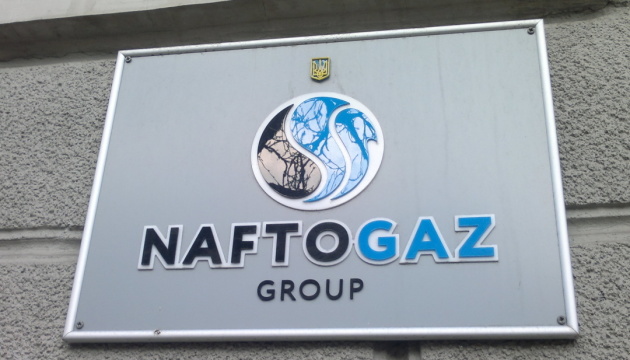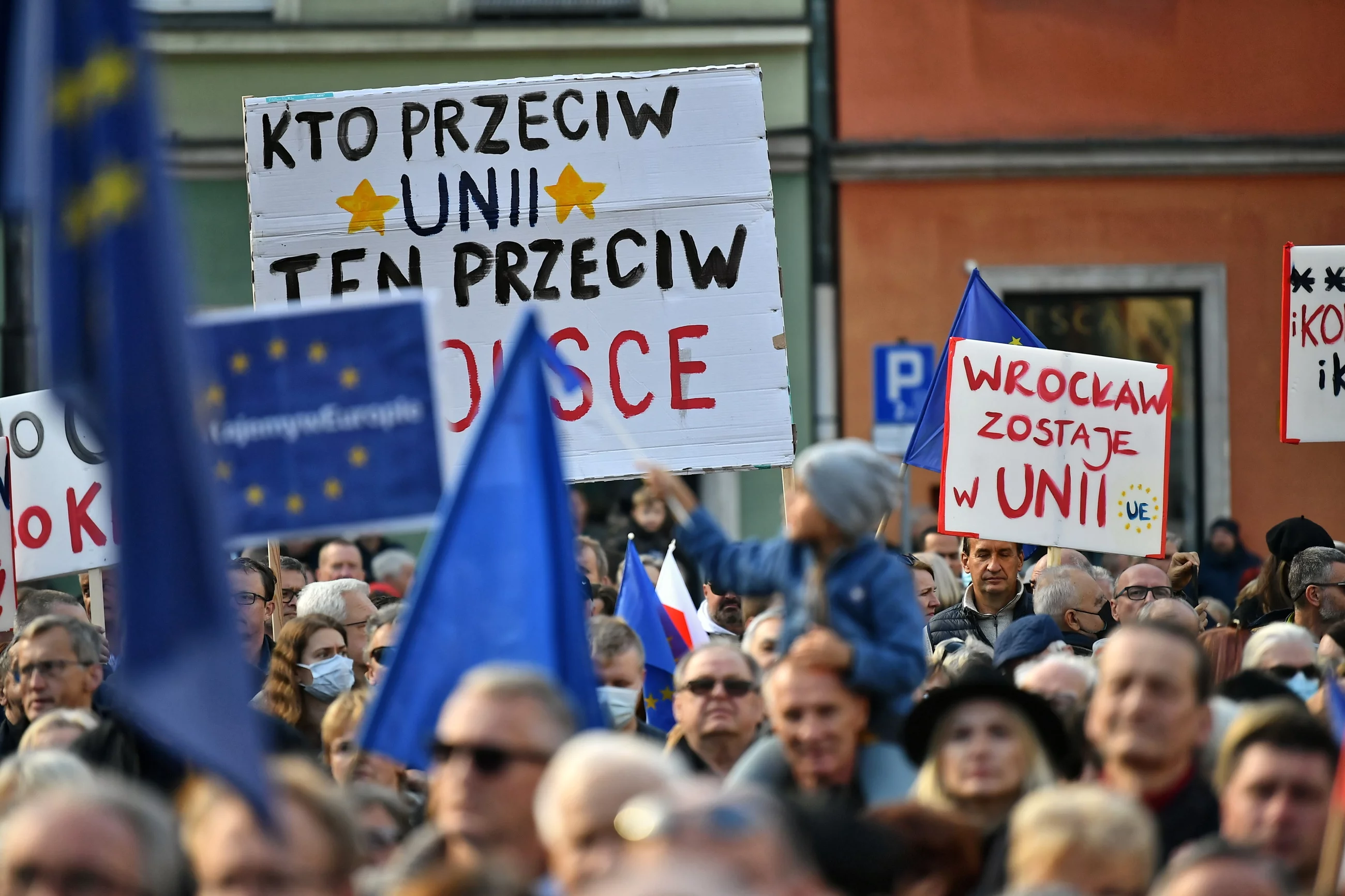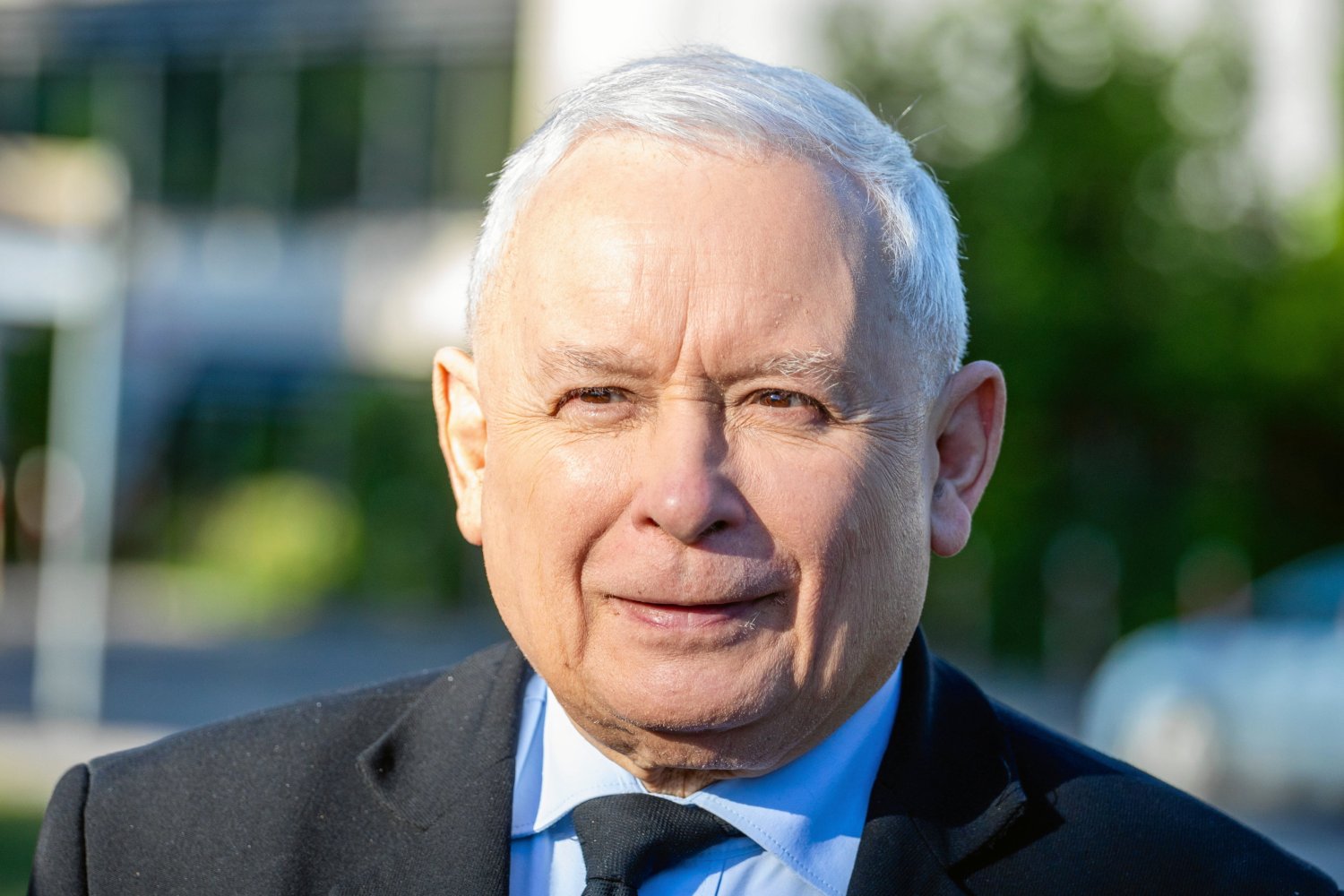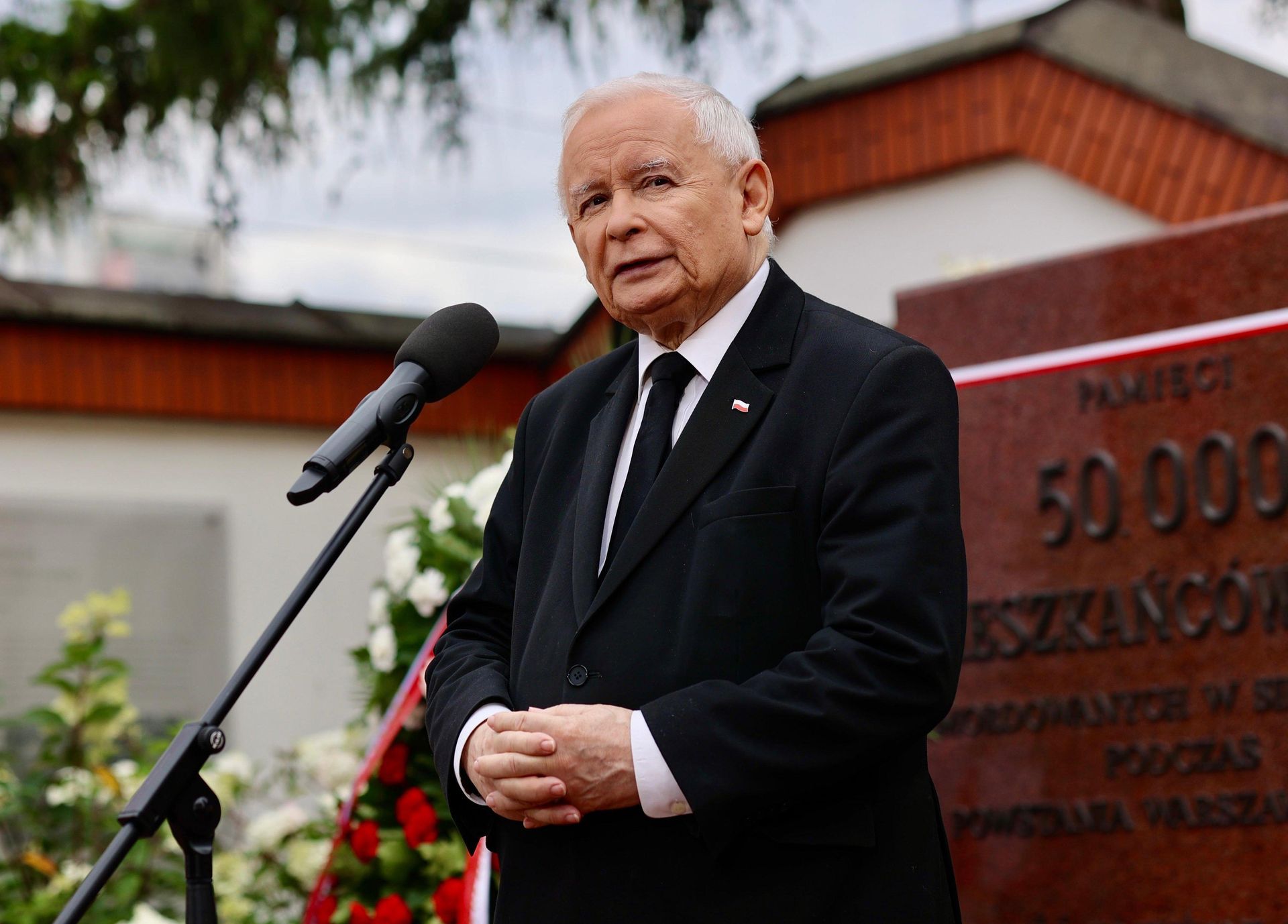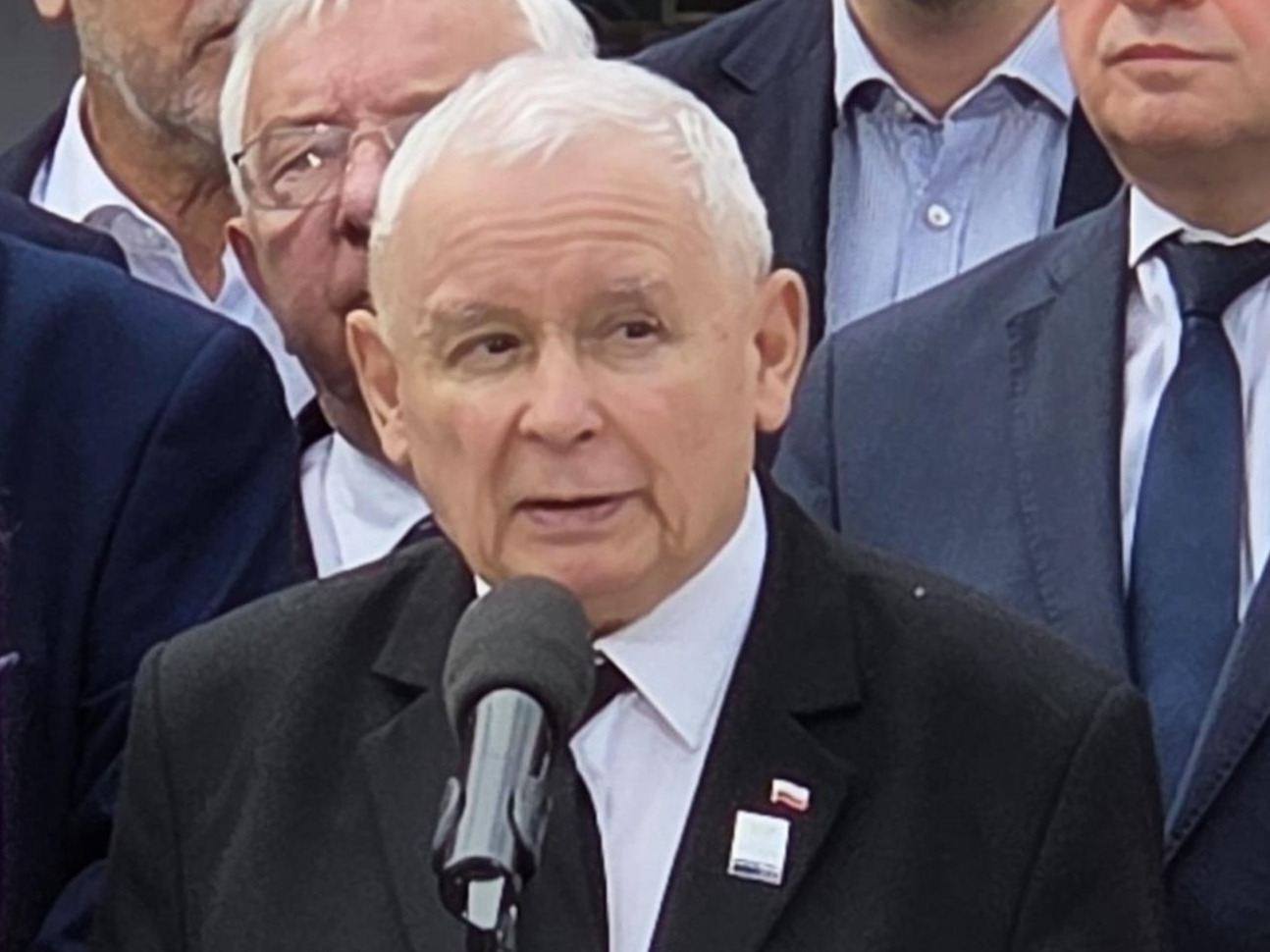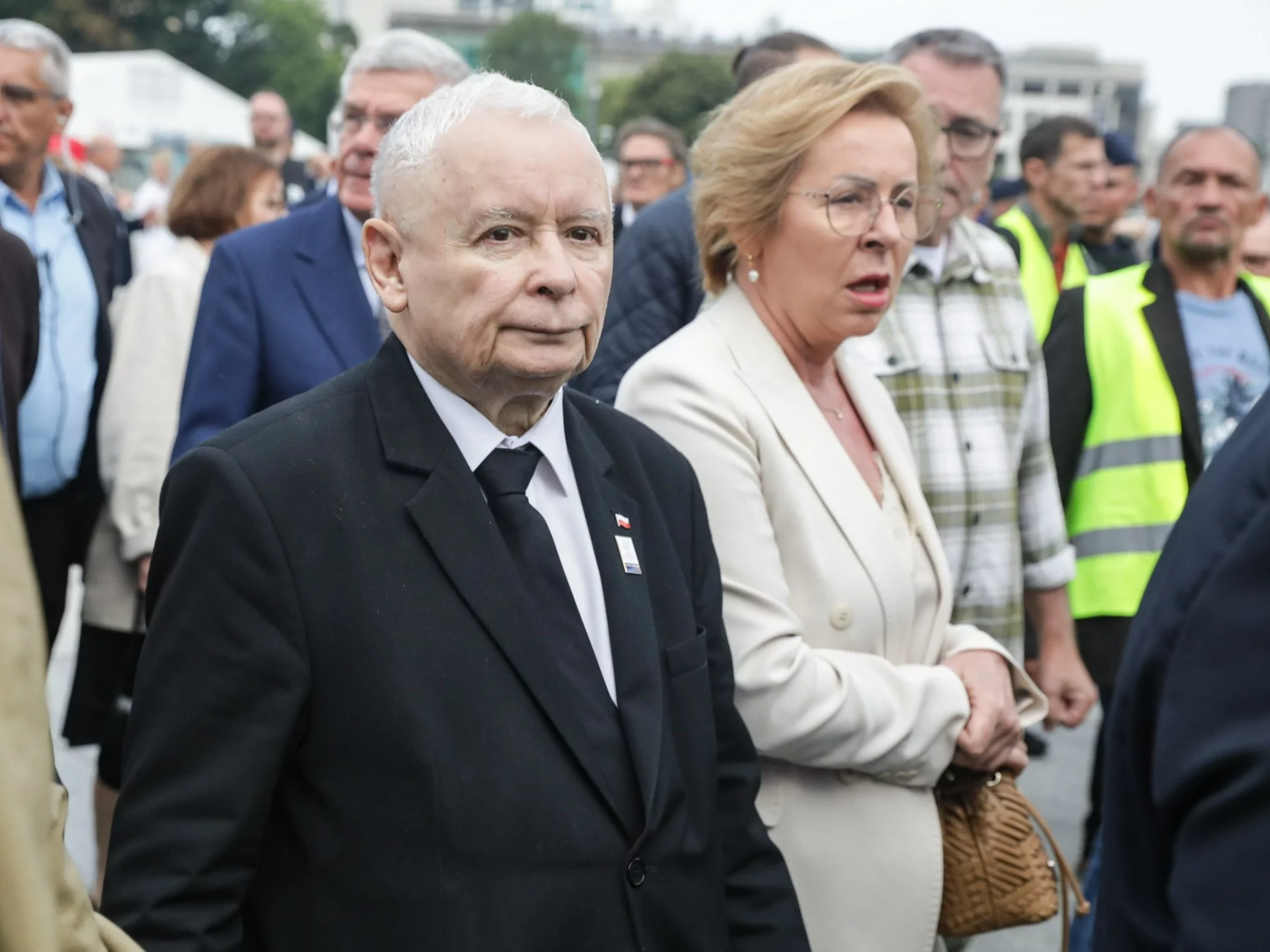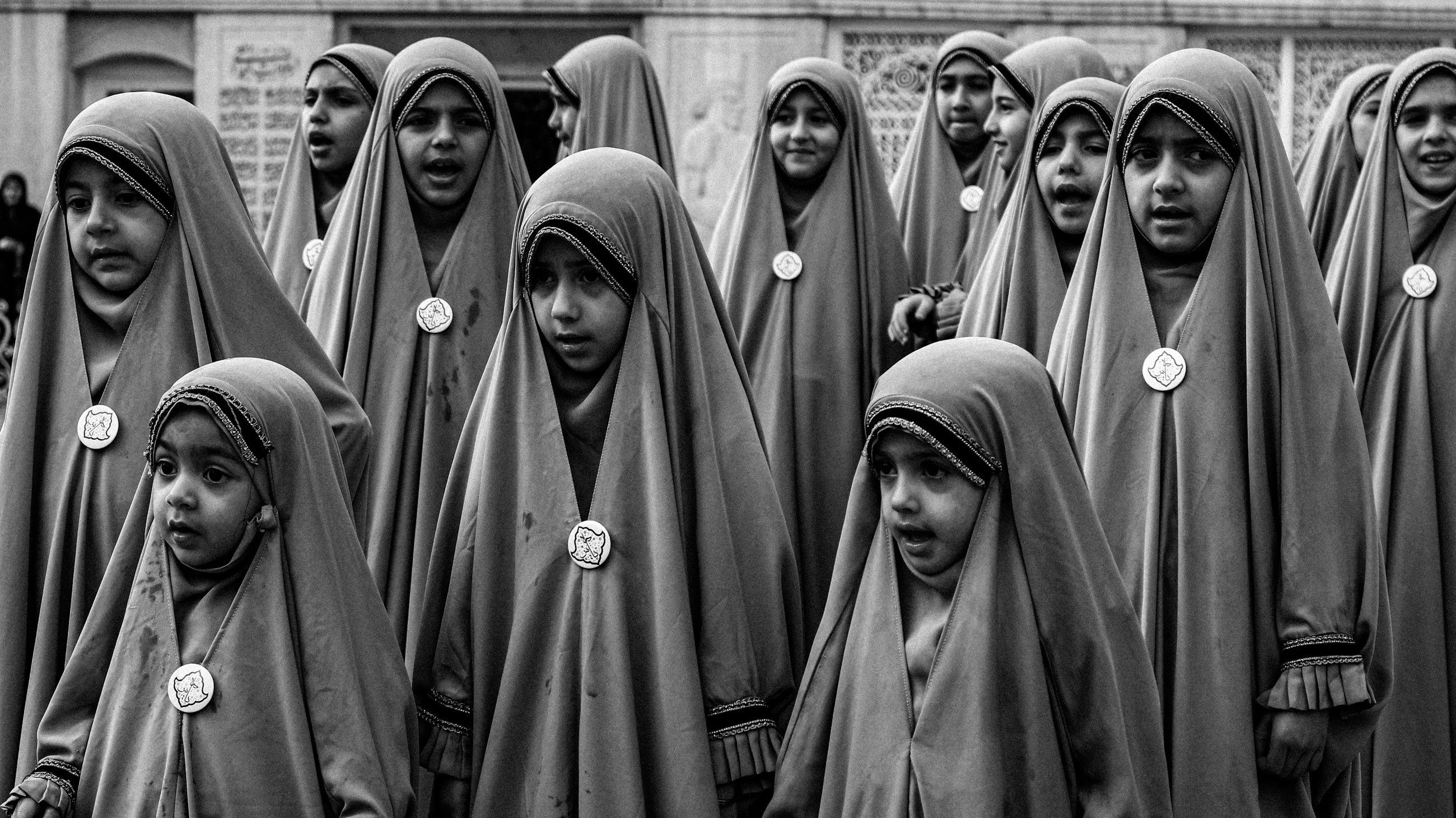
In the grand theatre of global hospitality, where champagne flutes clink in penthouse suites and weary travellers debate whether complimentary breakfast justifies waking up before noon, market capitalisation tells the real story of who’s winning the hospitality game.
While guests argue over thread counts and WiFi speeds, investors have been busy calculating which hotel truly dominates the financial landscape of 2025.
Top 10 Hotels in the World
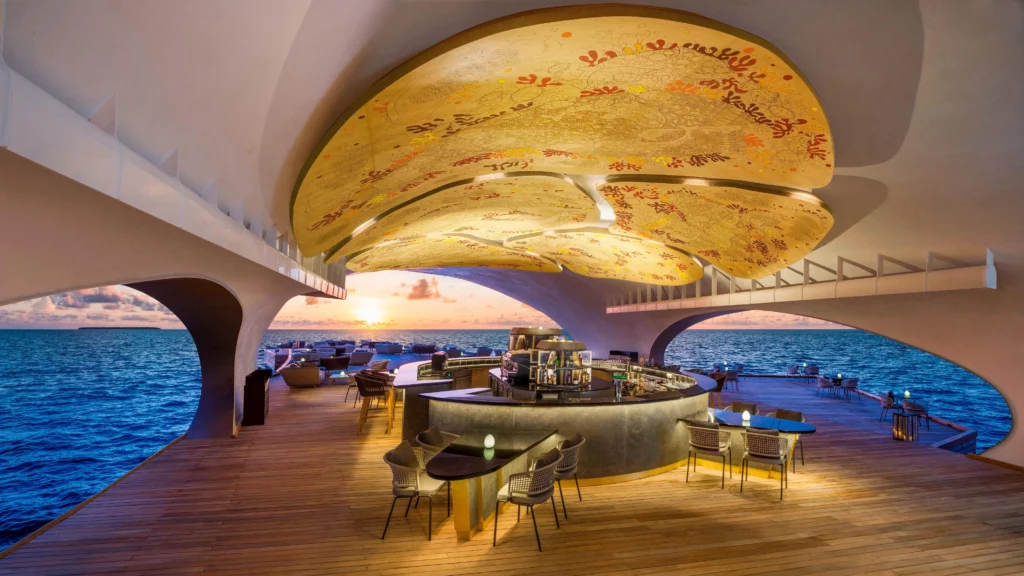 Photo- Marriott
Photo- Marriott1. Marriott International: $78.2 Billion
Marriott International stands as the towering colossus of the hospitality world, commanding a staggering $78.2 billion market capitalisation that dwarfs its competitors. This Maryland-based giant has achieved financial supremacy through its masterful orchestration of over 40 brands spanning luxury to budget segments.
What makes Marriott exceptional is its comprehensive portfolio approach. The company’s luxury division features prestigious brands like The Ritz-Carlton and St. Regis, while its mainstream offerings include Sheraton and Westin.
This diversification strategy has created multiple revenue streams that weather economic storms better than single-segment competitors.
Marriott’s financial strength stems from its asset-light model, focusing on management and franchise fees rather than property ownership. This approach maximises returns while minimising capital requirements, allowing rapid global expansion without proportional debt increases.
The company’s Marriott Bonvoy loyalty program, with over 200 million members, generates consistent revenue through increased booking frequency and higher average daily rates.
2. Hilton Worldwide: $64.0 Billion
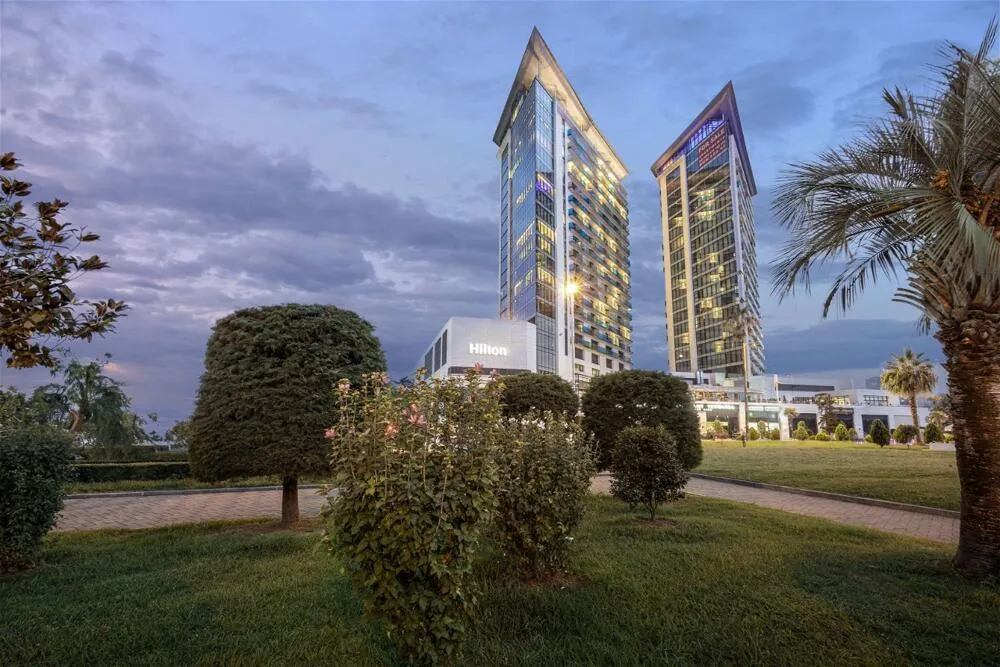 The Hilton, Batumi; photo- Reserving
The Hilton, Batumi; photo- ReservingHilton Worldwide’s $64.0 billion market capitalisation reflects nearly a century of hospitality excellence translated into modern financial success. The company’s enduring strength lies in its balanced brand portfolio and operational efficiency across diverse market segments.
Hilton’s financial prowess stems from its strategic brand positioning. The flagship Hilton Hotels & Resorts anchors the premium segment, while Conrad and Waldorf Astoria capture ultra-luxury markets.
Meanwhile, DoubleTree and Hampton Inn provide reliable revenue from business and leisure travellers seeking consistent quality at reasonable prices.
The company’s success is built on operational excellence and brand standardisation. Hilton’s rigorous quality control ensures consistent guest experiences across properties, building brand loyalty that translates into pricing power.
Their Hilton Honours program effectively drives direct bookings, reducing dependence on third-party booking platforms and improving profit margins.
3. Oriental Land Company (OLC): $34.4 Billion
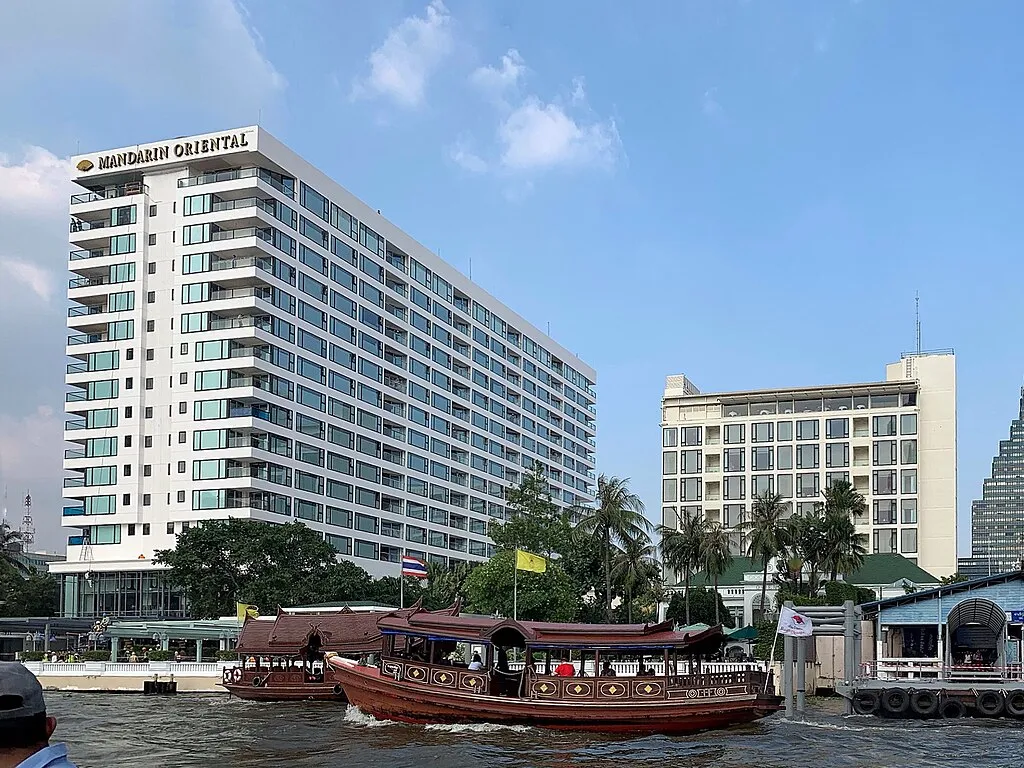 Mandarin Oriental, Bangkok; Photo- Wikipedia
Mandarin Oriental, Bangkok; Photo- WikipediaOriental Land Company’s $34.4 billion valuation represents a distinctive approach to hospitality through the integration of themed entertainment.
As the operator of Tokyo Disney Resort, OLC has created a hospitality model that combines accommodation with immersive entertainment experiences.
OLC’s financial strength derives from its monopolistic position in the Japanese theme park market and its ability to command premium pricing through experiential differentiation.
The company’s hotels aren’t just places to sleep; they’re integral parts of a comprehensive entertainment ecosystem that encourages extended stays and higher per-guest spending.
The company’s success demonstrates how hospitality companies can transcend traditional accommodation models by creating emotional connections with guests. OLC’s properties maintain occupancy rates and average daily rates that significantly exceed industry averages, proving that experience-driven hospitality can command premium valuations.
4. Las Vegas Sands Corp.: $31.1 Billion
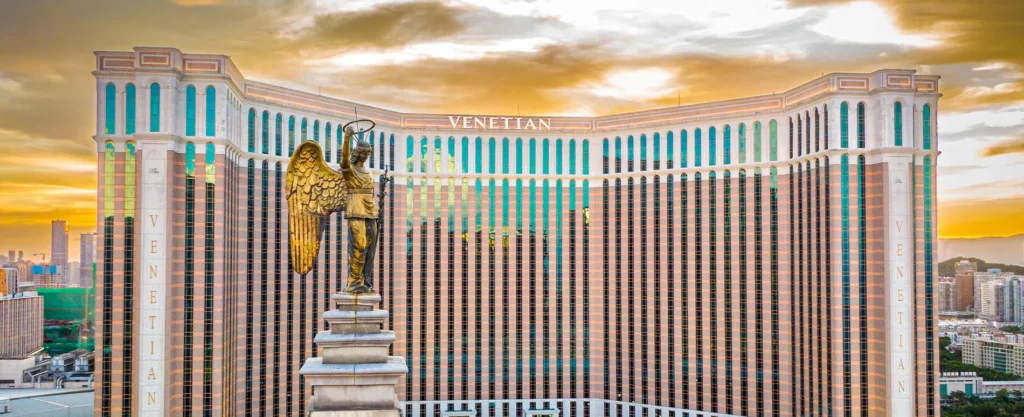 Photo- Sands
Photo- SandsLas Vegas Sands Corp.’s $31.1 billion market capitalisation reflects the power of integrated resort concepts that combine luxury accommodation with gaming, entertainment, and convention facilities. The company’s properties in Macau, Singapore, and the United States represent pinnacles of integrated hospitality.
The company’s financial strength stems from its ability to capture multiple revenue streams from a single customer visit.
Guests don’t just pay for rooms; they spend on gaming, dining, shopping, and entertainment, creating average revenue per visitor figures that traditional hotels cannot match.
Las Vegas Sands has pioneered the concept of destination resorts that become tourist attractions themselves.
Properties like Marina Bay Sands in Singapore and The Venetian in Las Vegas generate revenue not just from hotel guests but from day visitors, conference attendees, and entertainment seekers, creating diversified income streams that enhance financial stability.
5. InterContinental Hotels Group (IHG): $21.1 Billion
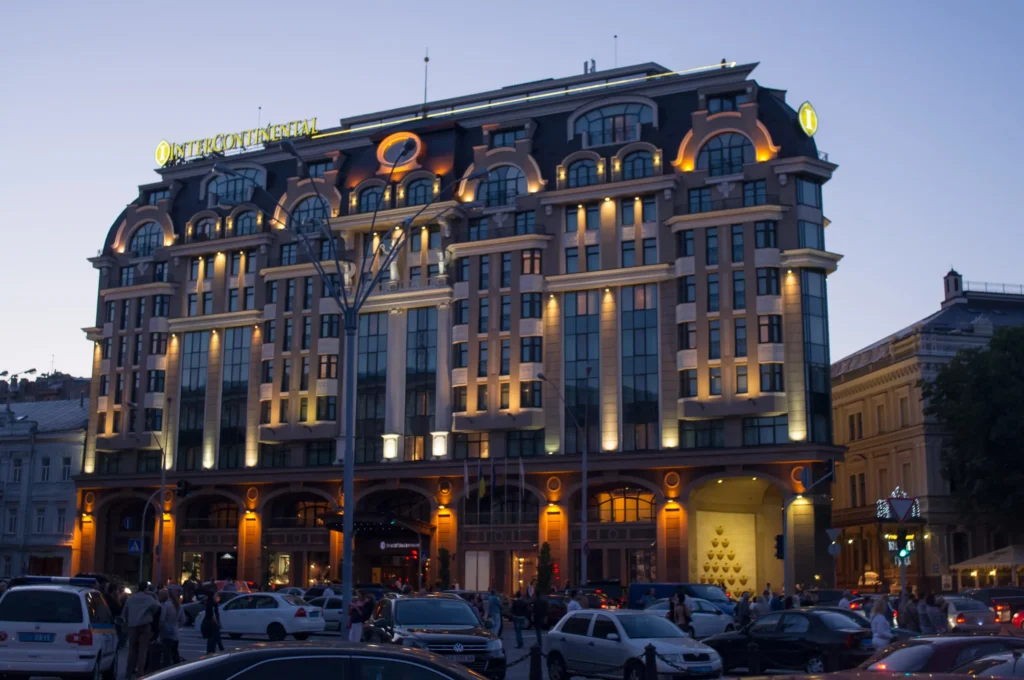 InterContinental Hotel, Kyiv, Ukraine; Photo- Vladimir Kud from Ukraine | Wikimedia Commons
InterContinental Hotel, Kyiv, Ukraine; Photo- Vladimir Kud from Ukraine | Wikimedia CommonsIHG’s $21.1 billion market capitalisation reflects the company’s exceptional global reach and brand portfolio optimisation.
With renowned brands like InterContinental, Holiday Inn, and Crowne Plaza, IHG has created a hospitality network that spans luxury to economy segments across multiple continents.
The company’s financial strength lies in its geographic diversification and market segmentation strategy. IHG operates successfully in mature markets like North America and Europe while expanding aggressively in emerging markets, creating balanced revenue streams that reduce regional economic risk.
IHG’s success stems from its ability to adapt global brands to local markets while maintaining consistent quality standards.
The company’s franchise-heavy model generates steady management fees while requiring minimal capital investment, creating attractive returns for shareholders and enabling rapid expansion.
6. Galaxy Entertainment: $16.9 Billion
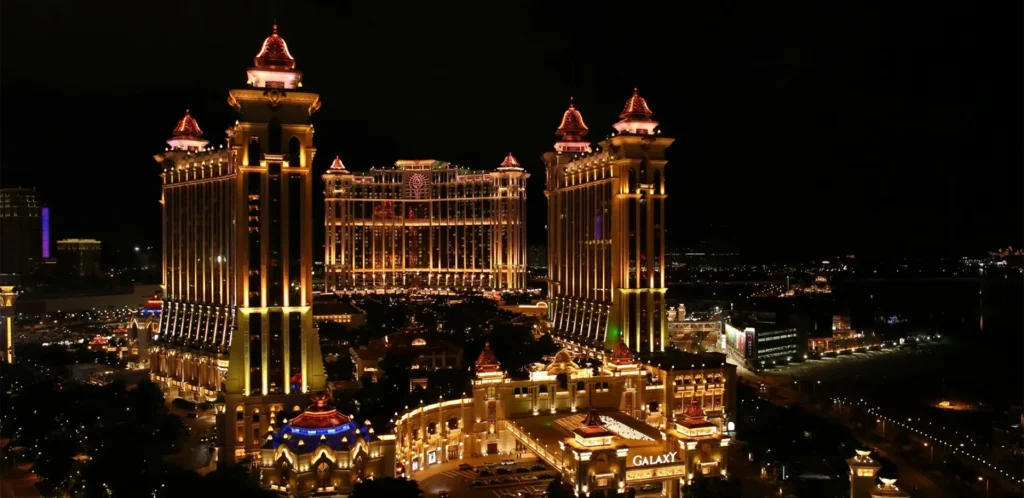 Photo- Galaxy Macau
Photo- Galaxy MacauGalaxy Entertainment’s $16.9 billion valuation represents the growing influence of Asian integrated resort operators. The company’s properties in Macau have established new standards for luxury hospitality combined with world-class gaming and entertainment facilities.
Galaxy’s financial strength derives from its strategic position in the Macau gaming market and its ability to attract high-value customers from across Asia.
The company’s integrated resorts generate revenue from multiple sources, including gaming, accommodation, dining, retail, and entertainment.
The company has successfully created a hospitality model that caters to Asian luxury preferences while meeting international standards. Galaxy’s properties feature extensive retail offerings, diverse dining options, and entertainment venues that appeal to the growing Asian middle class and wealthy travellers.
7. Hyatt Hotels Corporation: $13.7 Billion
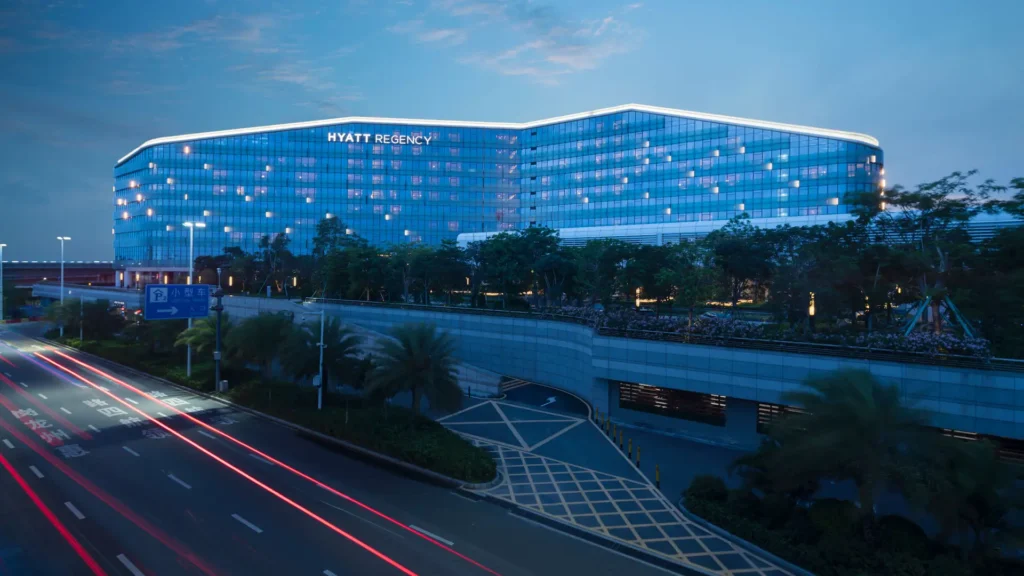 Hyatt Regency Shenzhen Airport; Photo- Hyatt
Hyatt Regency Shenzhen Airport; Photo- HyattHyatt’s $13.7 billion market capitalisation reflects the company’s focus on premium experiences and operational excellence. Known for luxury and business hotels, including Park Hyatt and Grand Hyatt, Hyatt has built a reputation for sophisticated hospitality that commands premium pricing.
The company’s financial strength stems from its concentration on higher-margin segments and its ability to maintain pricing power through brand differentiation.
Hyatt’s properties consistently achieve higher average daily rates than competitors by focusing on personalised service and unique experiences.
Hyatt’s success lies in its selective growth strategy, choosing quality over quantity in property development. The company’s World of Hyatt loyalty program creates strong customer retention while its focus on luxury and lifestyle brands positions it well for evolving traveller preferences.
8. Accor: $12.8 Billion
 Photo- Accor Group
Photo- Accor GroupAccor’s $12.8 billion market capitalisation represents the strength of Europe’s largest hotel group. Managing brands like Sofitel, Novotel, and Ibis, Accor has created a comprehensive hospitality ecosystem that serves diverse market segments across multiple continents.
The company’s financial strength derives from its balanced portfolio approach and strong European market position. Accor’s brands span the luxury to economy segments, creating revenue streams that perform well across various economic conditions and traveller preferences.
Accor’s success stems from its ability to combine French hospitality excellence with global operational efficiency.
The company’s ALL loyalty program extends beyond traditional hotel stays to include lifestyle experiences, creating additional revenue opportunities and enhanced customer engagement.
9. Indian Hotels Company Limited (IHCL): $11.8 Billion
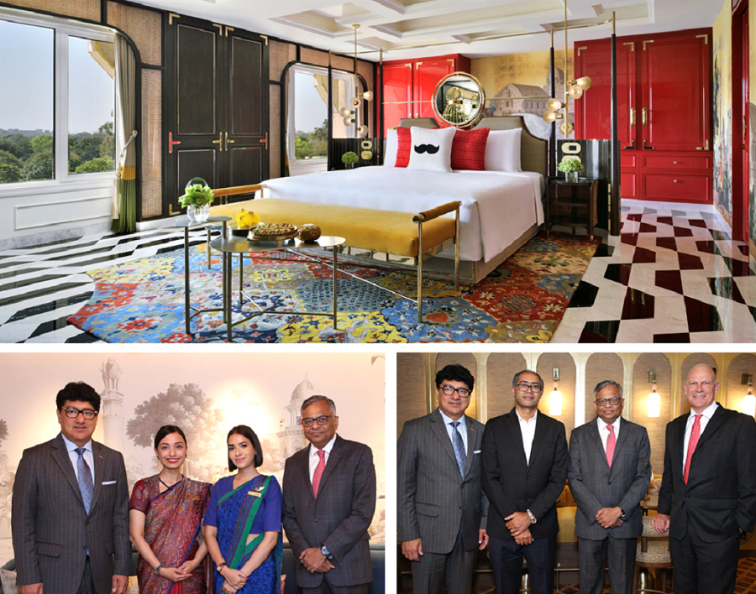 Photo: IHCL TATA
Photo: IHCL TATAIHCL’s $11.8 billion valuation reflects the strength of India’s growing hospitality market and the company’s iconic Taj Hotels brand. As India’s economy expands and domestic travel increases, IHCL has positioned itself to capture significant market share growth.
The company’s financial strength stems from its deep understanding of Indian hospitality preferences and its ability to combine traditional service excellence with modern amenities. IHCL’s properties command premium pricing through their reputation for exceptional service and cultural authenticity.
IHCL’s success demonstrates how regional hospitality companies can achieve significant valuations by dominating local markets while expanding internationally. The company’s Taj brand has become synonymous with luxury hospitality in India and is gaining recognition globally.
10. MGM Resorts International: $11.7 Billion
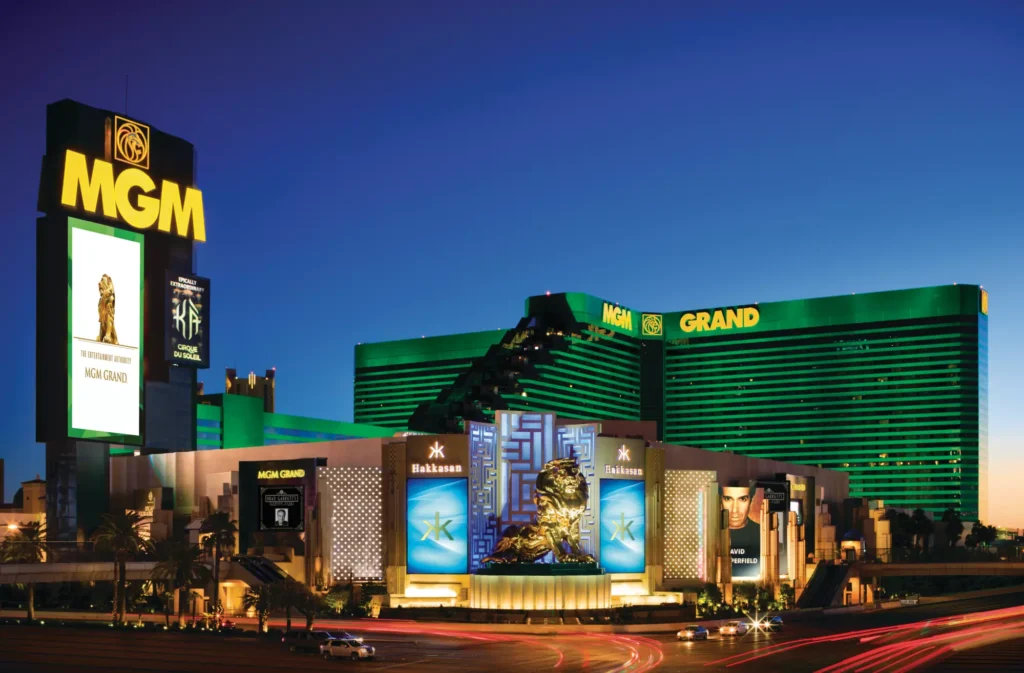 Photo- MGM Resorts
Photo- MGM ResortsMGM Resorts’ $11.7 billion market capitalisation reflects the company’s mastery of entertainment-focused hospitality. Properties like MGM Grand and Bellagio have redefined Las Vegas hospitality while establishing templates for integrated resort development worldwide.
The company’s financial strength derives from its ability to create comprehensive entertainment destinations that generate revenue from multiple sources. MGM properties combine luxury accommodation with world-class gaming, dining, entertainment, and convention facilities.
MGM’s success lies in its understanding that modern travellers seek experiences beyond traditional accommodation.
The company’s properties have become destinations themselves, attracting visitors who might not otherwise travel to Las Vegas and generating revenue streams that extend far beyond room rates.
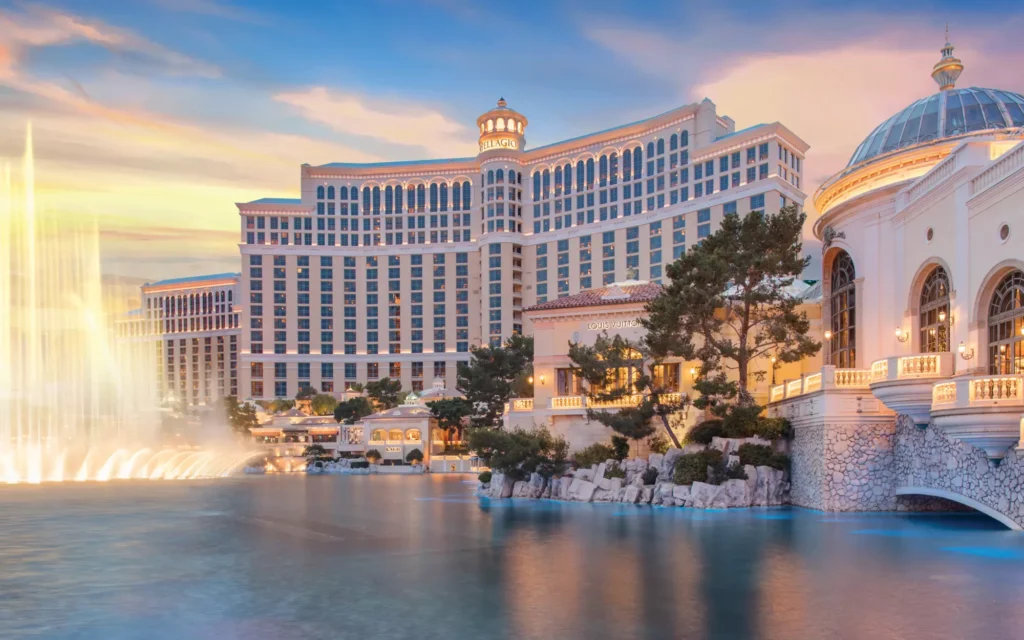 MGM Bellagio Resorts and Casino; Photo- MGM Resorts
MGM Bellagio Resorts and Casino; Photo- MGM ResortsBottom Line
The hospitality industry’s financial landscape reveals that success in 2025 requires more than comfortable beds and reliable room service.
From Marriott’s global dominance to MGM’s entertainment integration, these financial titans prove that in hospitality, the companies that think beyond traditional accommodation models are the ones counting the biggest profits, presumably while enjoying their luxury suites and complimentary champagne.
Stay tuned with us. Further, follow us on social media for the latest updates.
Join us on Telegram Group for the Latest Aviation Updates. Subsequently, follow us on Google News
Top 10 Cities With Most 5-Star Hotels in the World, No.6 Will Surprise You
The post Top 10 Hotels in the World in 2025, No.4 Will Surprise You appeared first on Aviation A2Z.

